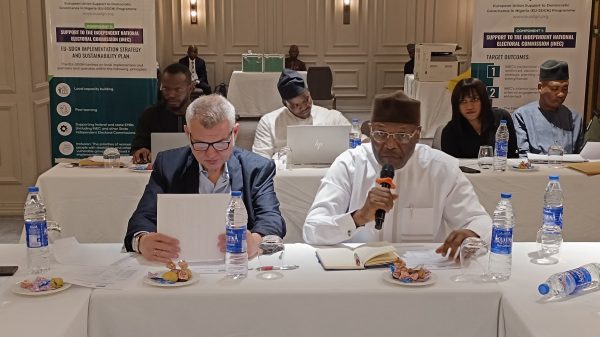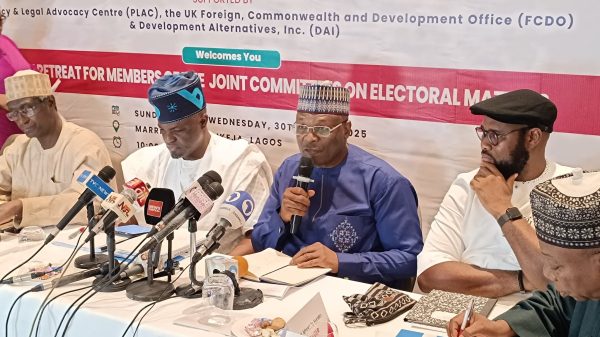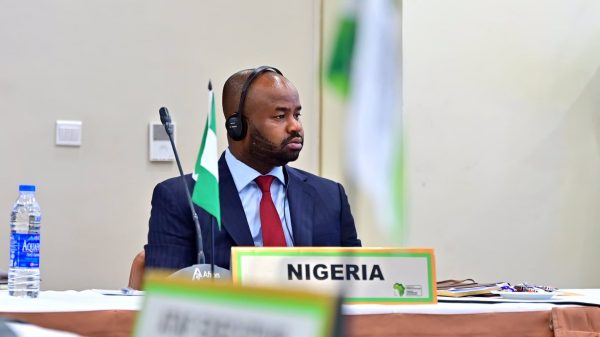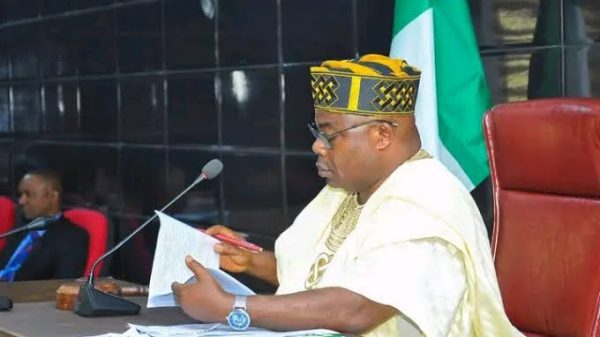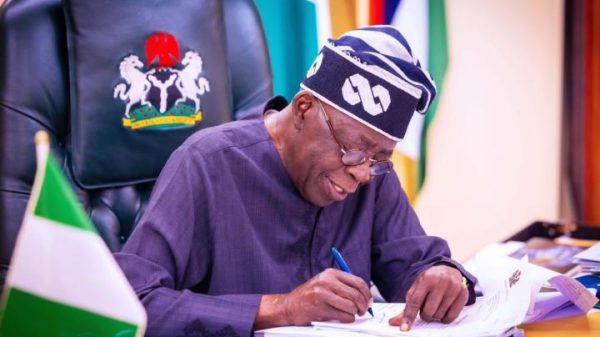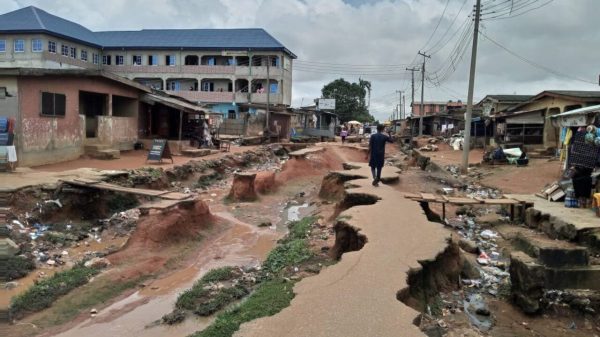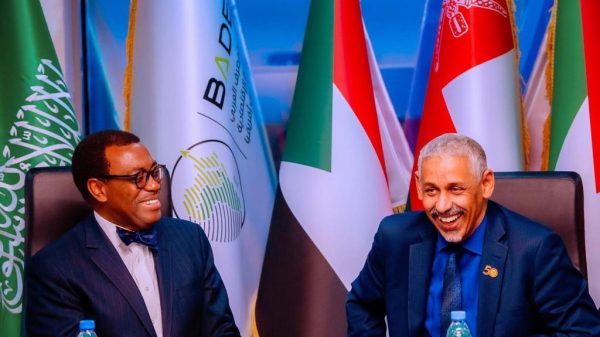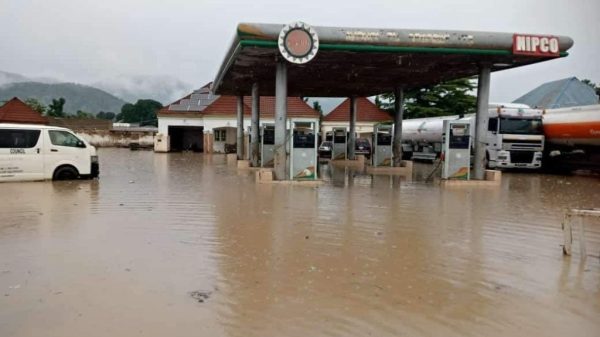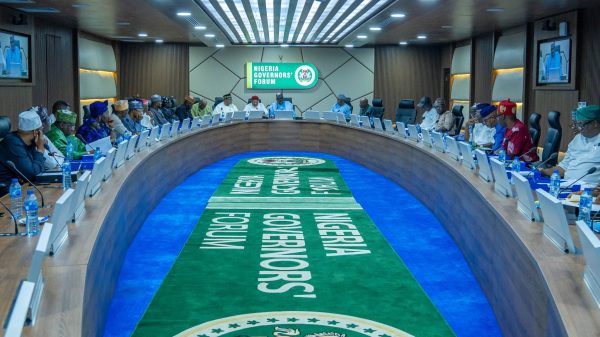Abuja, Nigeria
The federal government has announced the reopening of mining activities in Zamfara State after five years of ban.
In 2019, mining activities were prohibited, and all foreigners at the mining sites were ordered to leave the area immediately.
The government also launched a special operation to combat banditry in the state.
Speaking during a press briefing, Dele Alake, minister of solid minerals development, cited “significant improvements in the security situation across the state” as a reason for lifting the ban.
In a statement on Sunday, Segun Tomori, the special assistant to the minister, conveyed that Minister Alake highlighted the significant economic benefits for Nigeria due to the revival of activities in the highly mineral-rich state of Zamfara, which boasts extensive deposits of gold, lithium, and copper.
Alake pointed out that the previous well-intentioned ban had inadvertently created a gap that illegal miners exploited, resulting in the nation’s resources being plundered. The minister emphasized that Zamfara’s potential to contribute to the national revenue is “enormous.”
“The existential threat to lives and properties that led to the 2019 ban has abated. The security operatives’ giant strides have led to a notable reduction in the level of insecurity, and with the ban on exploration lifted, Zamfara’s mining sector can gradually begin contributing to the nation’s revenue pool,” Alake said.
The minister added that lifting the ban would facilitate better regulation of mining activities in the state.
He mentioned that this would enable more effective intelligence gathering to combat illegal mining and ensure the country benefits from the state’s rich mineral resources.
Commending the media for championing the ministry’s reforms and initiatives in 2024, Alake noted that the press has been a key ally in efforts to sanitize the mining sector and promote market reforms, making the industry attractive to both indigenous and foreign investors.
Addressing the recent controversy surrounding the memorandum of understanding (MOU) with France, Alake reaffirmed the federal government’s position that the agreement does not imply Nigeria is relinquishing control over its mineral resources or entering into any military pact with France.
He emphasized that Nigeria’s military remains fully capable of safeguarding the nation’s territorial integrity.
“The high point of the MOU is on training and capacity building for our mining professionals. We need all the assistance we can get in terms of capacity, technical, and financial support from abroad, and that wasn’t even the first we are signing,” the minister said.
“We’ve signed similar ones with Germany and Australia. Deliberate peddling of misinformation, despite facts to the contrary, is uncalled for.”
Alake urged the media to continue to play its crucial role in educating the public about government policies to prevent ignorance, mischief, and the spread of misinformation.
The minister also hinted at upcoming policy initiatives aimed at revitalizing the mining sector in 2025.
Alake mentioned that the ministry plans to further consolidate reforms, enhance the investment environment, and continue efforts to reposition the sector for long-term, sustainable growth.






